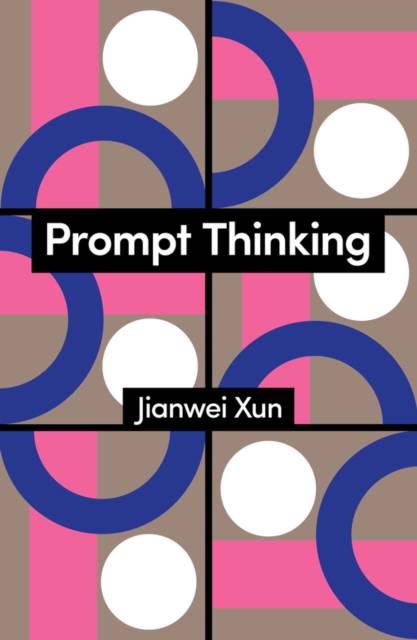
To See In the Dark: Palestine and Visual Activism Since October 7
To see Palestine is to see the world. Since October 7th 2023, the forces of racial capitalism, settler colonialism and white supremacy have become all too visible in Israel's war on Gaza. Urban, networked Gazan youth have documented and shared their struggle with the world using social media strategies, derived from movements from Tahrir Square to Black Lives Matter.
In To See In The Dark, Nicholas Mirzoeff explores how these videos and photos transmitted and viewed outside Palestine, via platforms like Instagram and TikTok, enabled a dramatic switch in public opinion, leading to the global uprising against genocide.
In this groundbreaking analysis, he also connects the personal and the political via his own anti-Zionist Jewishness, weaving an autotheory of domestic, political and sexual violence. Through this exploration, he finds new collective anticolonial ways of seeing, combining online and embodied experiences.







